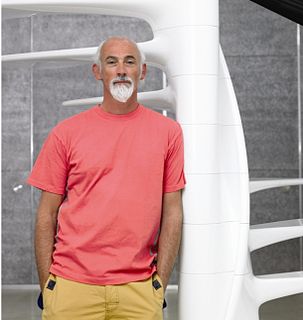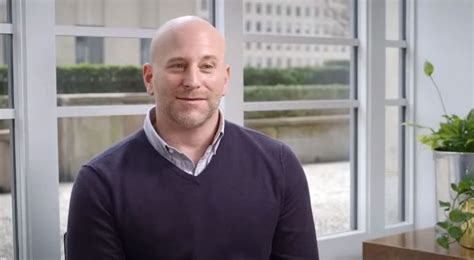A Quote by John Murphy
The TMS is evolving into a logistics platform that can handle all nodes, all geographies and all transportation nodes. It's already talking to other applications in the supply chain, like warehouse management, order management and ERP systems. By adding underlying algorithms, a TMS can now understand the relationship between the cost of inventory and the cost of transportation and come up with an optimal solution to answer those questions.
Related Quotes
When you have a transportation system that the price of propellant is essentially negligible something is very wrong. If you look at any other transportation system, a car, a motorcycle, a train, an oil tanker, an airliner, you name it; about a quarter to a third of the operating cost is buying the propellant.
I think there are probably too many asset management companies in the world, and I think the place to be is either big or small. The area where it is probably more difficult to be is in the middle ground, where you've got that cost of regulation, you've got the cost of buying your own research, you've got all the costs of running an asset management company without the benefits of a big income producing asset.
I'm involved in everything from highly progressive lighting systems to airline interiors. In the field of transportation I can go from the micro to the macro: architecture, transportation, industrial product design, right across the board. It's Russian dollism, because they all interrelate: one goes into the other.
And having thoughtlessly polluted our streams and rivers, we have seen in recent years a rapidly growing market for bottled drinking water. I am sure that some will say that a rapidly growing market for water is "good for the economy," and most of us are still affluent enough to pay the cost. Nevertheless, it is a considerable cost that we are now paying for drinkable water, which we once had in plentiful supply at little cost or none at all. And the increasing of the cost suggests that the time may come when the cost will be unaffordable.






































